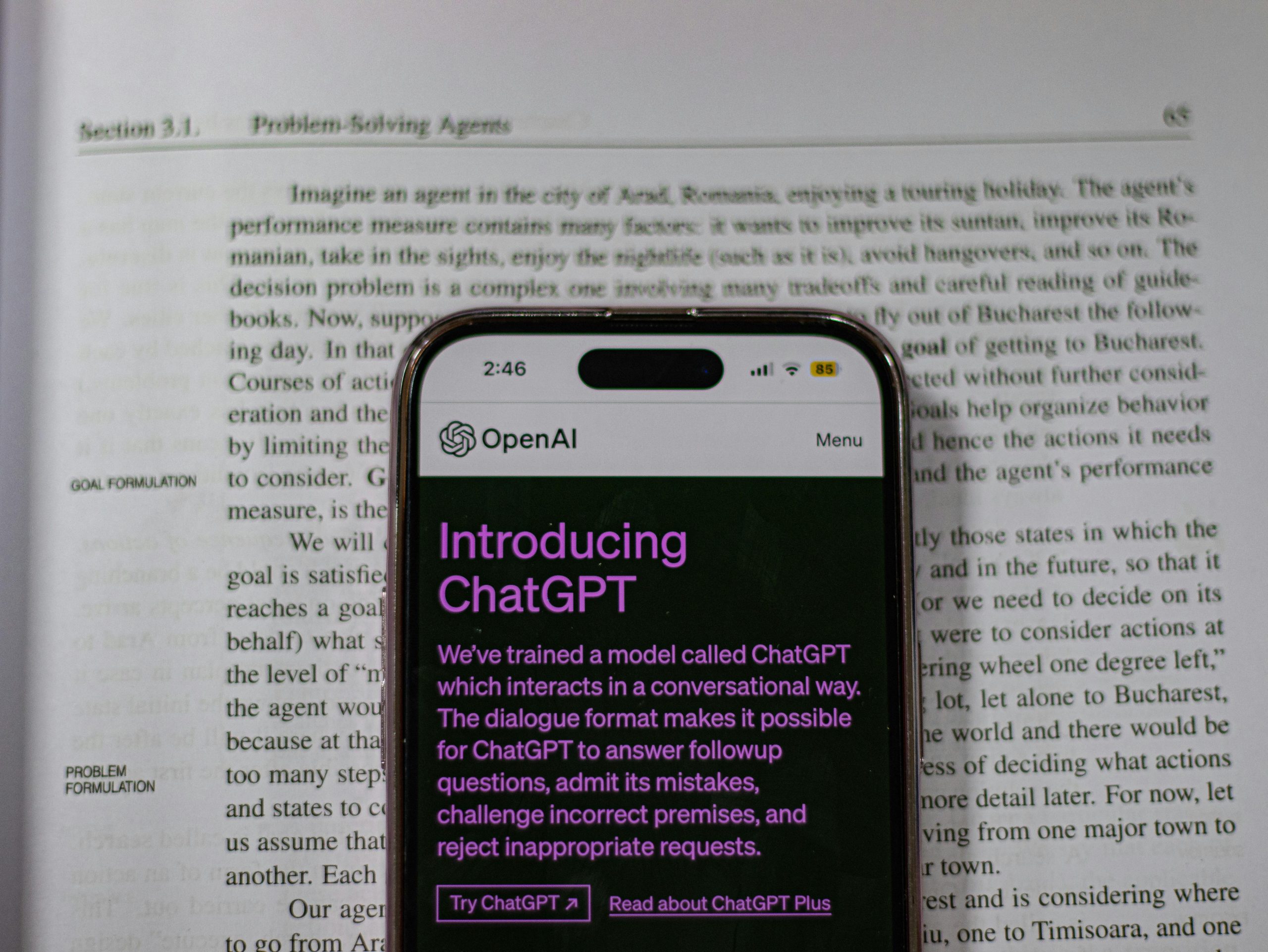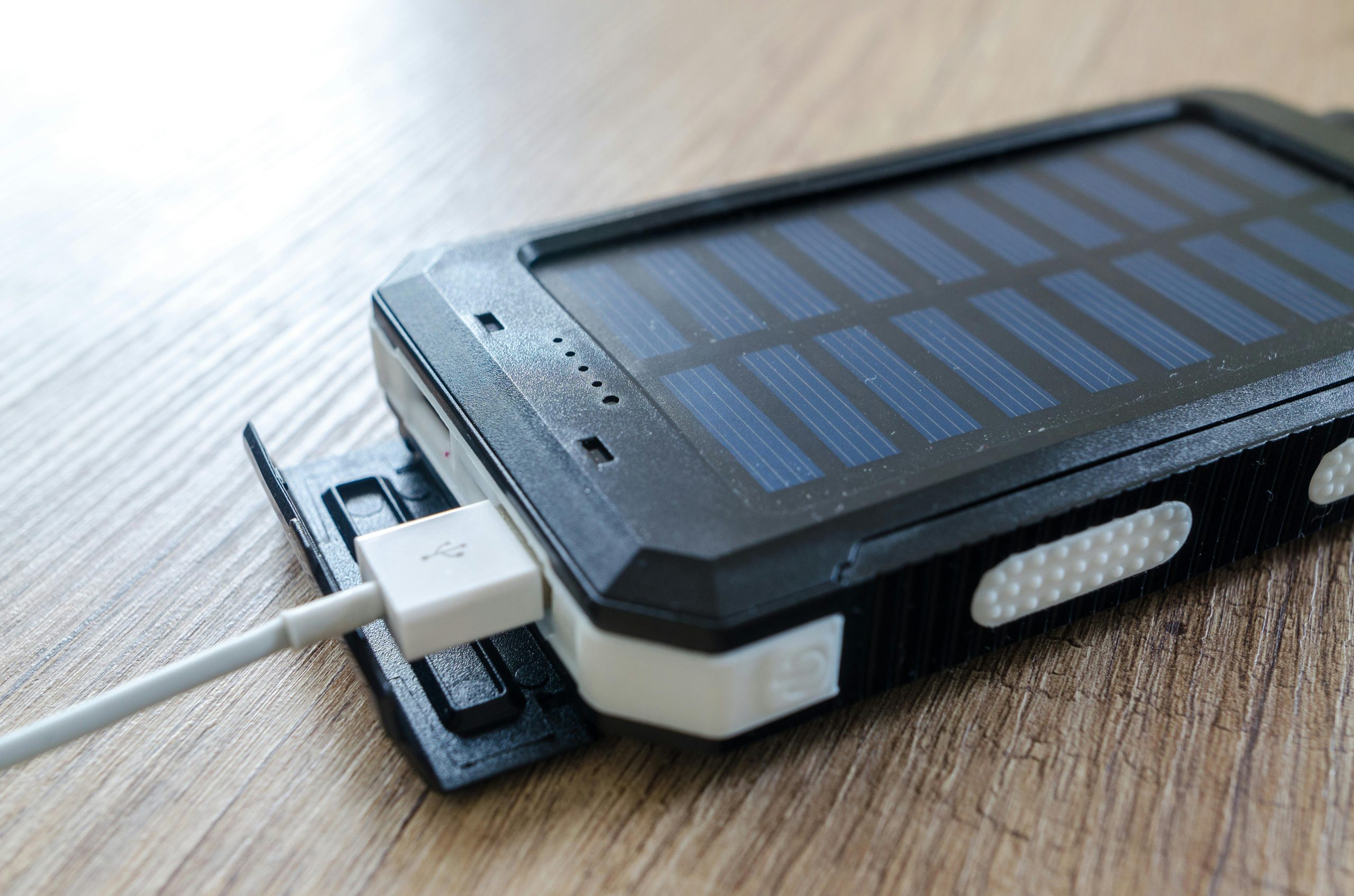In the ever-evolving world of digital content creation, choosing the right smartphone platform can make or break your creative workflow. As we step into 2025, the debate between iPhone and Android continues to rage, with both platforms offering cutting-edge features tailored for creators. Whether you’re a photographer, videographer, musician, or social media influencer, understanding the strengths and weaknesses of each ecosystem is crucial. This article dives deep into the iPhone vs. Android debate, helping you decide which platform best suits your creative needs in 2025.
Camera and Video Capabilities
For creators, the camera is often the most critical feature of a smartphone. In 2025, both iPhone and Android devices have pushed the boundaries of mobile photography and videography, but they approach it differently.
iPhone: Consistency and Pro-Level Tools
Apple’s iPhones continue to excel in delivering consistent, high-quality images and videos. The 2025 iPhone lineup boasts advanced computational photography features, such as:
- Enhanced Night Mode for low-light photography
- ProRes video recording for professional-grade editing
- Improved stabilization for handheld shooting
Apple’s tight hardware-software integration ensures smooth performance, making it a favorite among videographers who rely on apps like Final Cut Pro and DaVinci Resolve.
Android: Flexibility and Innovation
Android devices, particularly flagship models from Samsung, Google, and Sony, offer more hardware diversity. In 2025, Android phones lead in areas like:
- Higher megapixel counts and periscope zoom lenses
- Customizable camera software for manual controls
- Multi-lens setups for creative flexibility
For creators who value experimentation, Android’s open ecosystem provides more room for customization and third-party app integration.
Software and App Ecosystem
The software experience is another key factor for creators. Both platforms have their strengths, but the choice depends on your workflow and preferred tools.
iPhone: Optimized for Pro Apps
Apple’s iOS remains the gold standard for app optimization. In 2025, the App Store offers exclusive pro-level apps like:
- LumaFusion for advanced video editing
- Procreate for digital art
- Dolby Atmos-supported music production tools
With seamless integration across Macs and iPads, the iPhone is ideal for creators already invested in the Apple ecosystem.
Android: Open and Customizable
Android’s open nature allows for greater flexibility, especially for creators who need specialized apps or workflows. Key advantages include:
- Side-loading apps not available on the Play Store
- Better file management and cross-platform compatibility
- Support for niche creative tools and emulators
If you rely on open-source software or need to tweak your device for specific tasks, Android offers more freedom.
Performance and Hardware
Raw performance and hardware capabilities are vital for creators who push their devices to the limit.
iPhone: Power and Efficiency
Apple’s A-series chips continue to dominate in performance per watt. The 2025 iPhones feature:
- Blazing-fast rendering times for 4K video
- Improved thermal management for sustained workloads
- Optimized battery life for long editing sessions
For creators who need reliability, the iPhone’s hardware-software synergy is hard to beat.
Android: Variety and Specialization
Android devices come in all shapes and sizes, catering to different creative needs. Highlights include:
- Foldable screens for multitasking (e.g., Samsung Galaxy Z Fold)
- High-refresh-rate displays for smooth scrolling and drawing
- Expandable storage for large media files
If your work requires unique hardware features, Android provides more options.
Price and Accessibility
Budget plays a significant role in choosing a smartphone, especially for independent creators.
iPhone: Premium Pricing
Apple’s iPhones remain at the higher end of the price spectrum. While the latest Pro models offer top-tier features, they come with a steep cost. However, older models like the iPhone 14 or 15 can still deliver excellent performance at a lower price point.
Android: A Range of Options
Android offers everything from budget-friendly devices to ultra-premium flagships. Creators on a tight budget can find capable phones like the Google Pixel A-series or mid-range Samsung Galaxy devices, while those needing cutting-edge specs can opt for high-end models.
Conclusion
In 2025, both iPhone and Android have compelling arguments for creators. If you prioritize a seamless ecosystem, pro-level apps, and consistent performance, the iPhone is the way to go. On the other hand, if you value hardware diversity, customization, and affordability, Android offers unparalleled flexibility. Ultimately, the best choice depends on your specific creative needs and workflow. Evaluate your priorities, test both platforms if possible, and choose the one that empowers your creativity to the fullest.






Leave a Reply